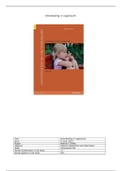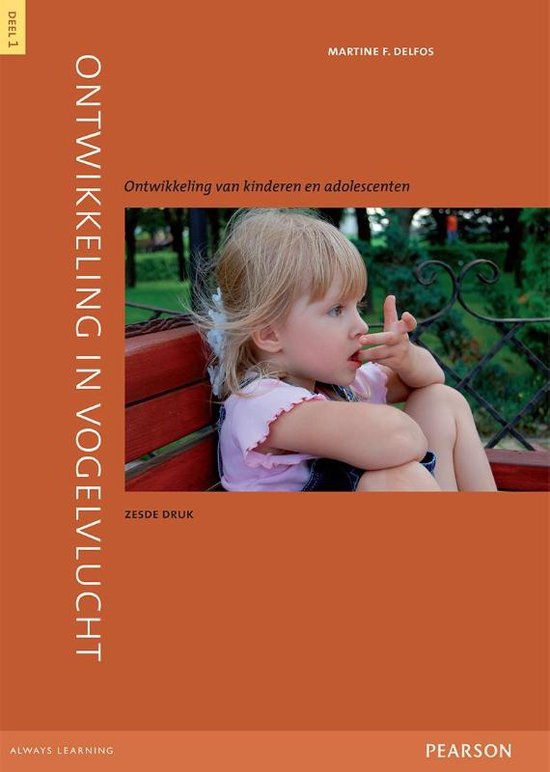Summary
Samenvatting ontwikkeling in vogelvlucht, ontwikkelingspsycholgie, hoofdstuk 2 t/m 8
- Course
- Institution
- Book
Samenvatting van de hoofdstukken 2 tot en met 8 van het boek 'ontwikkeling in vogelvlucht' zesde druk. Bij hoofdstuk 2 missen kernschetsen; 1,2,3,7,8,9,14 en 17 en bij hoofdstuk 3: 11,16,17,18
[Show more]




